The end of the Hussite wars
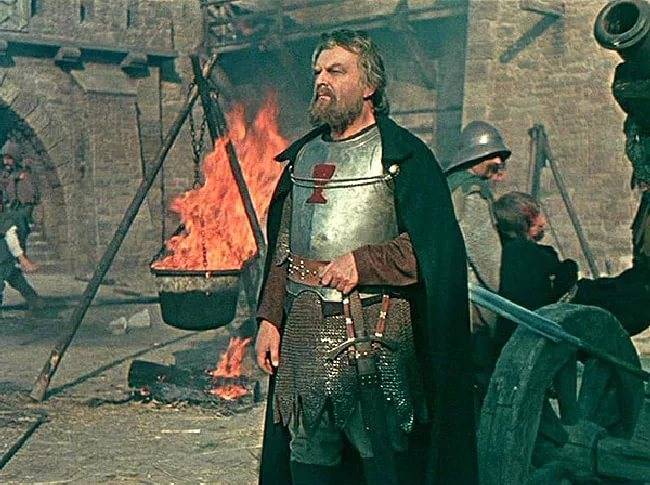
As we recall from the article Taborits and "orphans", in 1434 the contradictions between moderate Hussites, Taborites and "orphans" reached their limit. The Utrakvists did not want to fight anymore and sought to conclude a compromise with the Catholics. In this they were in solidarity with the Czech aristocrats and wealthy merchants. The booty brought by the Hussites from the "wonderful trips" was certainly pleasant, sold cheap and they had nothing against it. But, on the other hand, the blockade of the Czech Republic was not good for the country; many wanted the resumption of normal economic ties with neighbors. Therefore, the so-called Pan Union was created, the basis of the army of which were the personal squads of many aristocrats and knights of Western and Southern Bohemia. They were joined by detachments of utrakvists from Prague and Melnik, as well as the garrison of Karlštejn Castle, which was never taken by Sigismund Koributovich. The knight Diviš Borzhek from Miletin, who had previously served under Jan ižka, was elected the Supreme Hetman of the troops of the Pan Union.
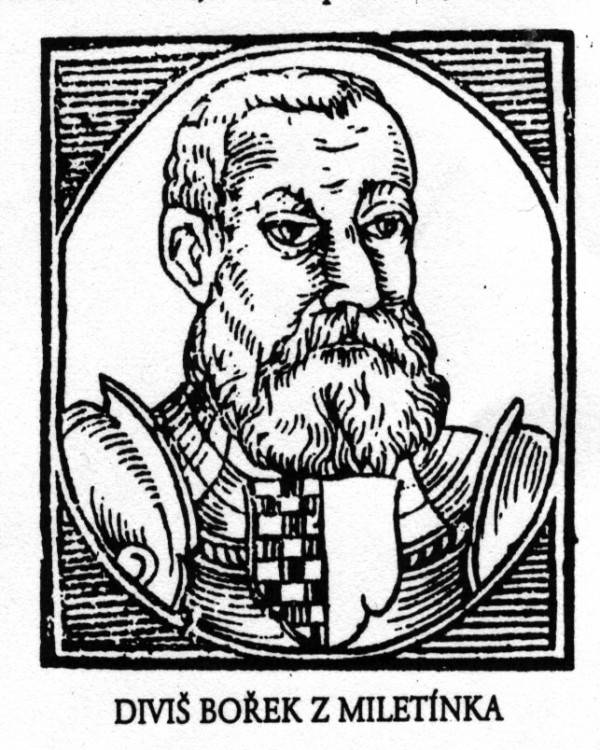
Prokop Goliy (Velikiy), who became the commander-in-chief of the combined forces of Tabor and the "orphans", relied on the support of 16 Czech cities, among which were Hradec Kralove, atec, Kourjim, Nymburk, Jaromer, Trutnov, Dvor Kralovy, Domažlice, Litomer and some others.
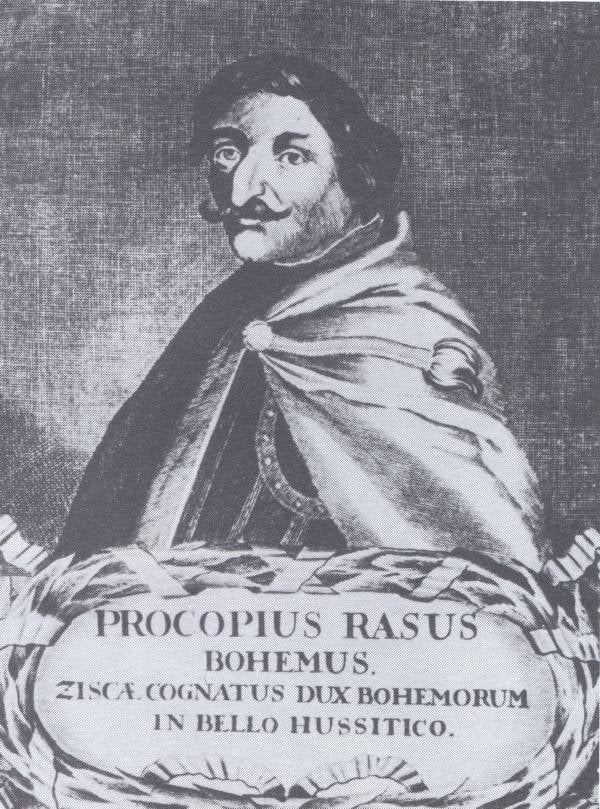
The well-known and authoritative commanders of his detachments were Prokoupek (Prokop Maly), Jan Czapek from San and Jan Rogach from Dubé.
With the assembled troops, Prokop the Naked approached Prague, but could not take it and retreated to Cesky Brod. The army of the Pan Union overtook him at the village of Lipany. Here on May 30, 1434, a decisive battle took place.
Battle of Lipany
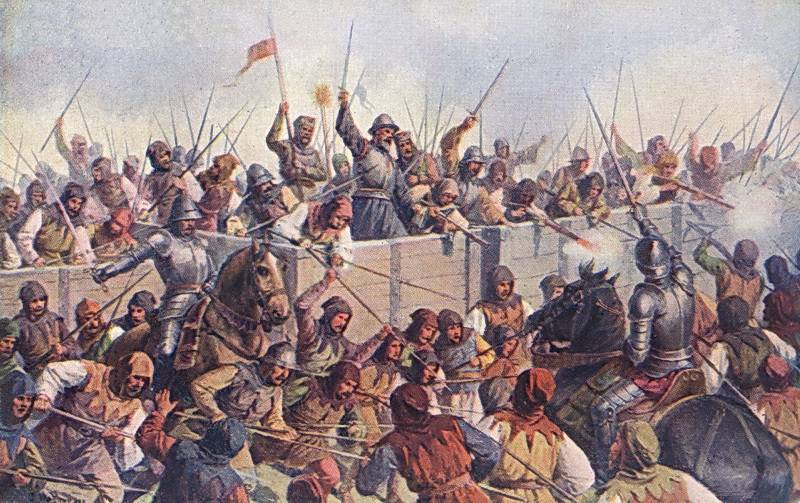
Catholics and Utraquists had some advantage in strength: 12 infantry against 500 for the Taborites and "orphans", 11 cavalry against 1200, and 700 war wagons against 700.
The last attempt to reconcile them was made by Berjich from Guardian, who returned from a "beautiful trip" to Silesia. It was all in vain, he was scolded on both sides and almost killed. With his detachment, Berdzhich left Lipan.
Prokop the Great and his commanders did everything according to the scheme worked out for years, but well known to their opponents: they placed their forces on a hill and built a Wagenburg, surrounded by a moat.
The supreme hetman of the Utrakvists and Catholics Diviš Borzhek is located near the village of Grzhiby. He perfectly knew the tactics of the "orphans" and the Taborites and was a worthy opponent of both Prokopov.
The utrakvists advanced on the attack, leading carts of artillery in front of them. It seemed that under the constant fire, their attack was drowned; they began to retreat. The Taborites acted according to a pattern: they opened passages in their Wagenburg and rushed at the retreating enemy. Dozens of times they overturned the enemy like this, but now the attacking chains themselves fell under the artillery fire of the enemy's carts, and then they were crushed by the blow of the heavy noble cavalry. A small detachment led by Borzhek burst into Wagenburg, which was open for a counterattack, and was blocked there for a while: nothing had yet been decided. However, the Rohmberg cavalrymen threw chains with hooks onto the Wagenburg carts and, turning their horses, managed to knock down 8 of them, opening the way for themselves and for other detachments. The armored cavalry of the Utraquists and Catholics rushed into the open Wagenburg, followed by foot soldiers. Taborits and "orphans" still fought at their wagons, losing commanders and soldiers, scattered and without hope of victory.
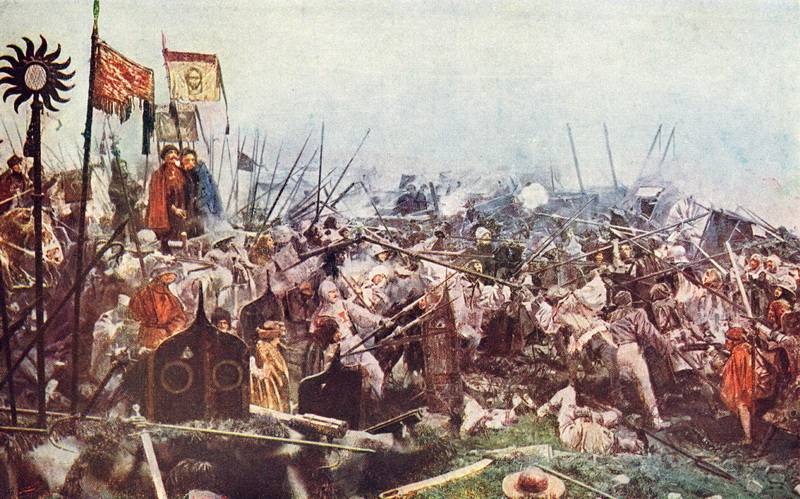
But behind Wagenburg stood their cavalry, and this detachment was commanded by Jan Czapek - the same one who in the summer of 1433, in alliance with the Polish Jagailo, defeated the Teutons and reached the Baltic Sea. If he and his people decided to die with their comrades and hit the flank - no longer thinking about anything, not sparing themselves, desperately and recklessly, the enemy could flinch. And the chain of Prokop, perhaps, could have done what happened to the "orphans" of Koudelik who found themselves in a similar situation in the battle of Trnava. The chance of success was small, but this was the last chance. The fate of the battle hung in the balance. Jan Czapek decided that the battle was lost and left the battlefield. Prokop the Great and Prokop the Small fought to the end and died defending their Wagenburg. Together with them, many taborites and "orphans" fell - about two thousand people.
Others, including Jan Rogacz from Dubé, managed to escape the trap: some of them went to the Cesky Brod, some to Kolin. And only about 700 people surrendered to the victors, but the hatred for them was so great that they were driven into the nearby barns and burned alive in them.

Emperor Sigismund, upon learning of the Battle of Lipany, said:
He did not even suspect that one of the participants in this battle, a young utraquist Jiri from Podebrady (whose father was initially a supporter of the Taborites), would himself become king of Bohemia in 1458.
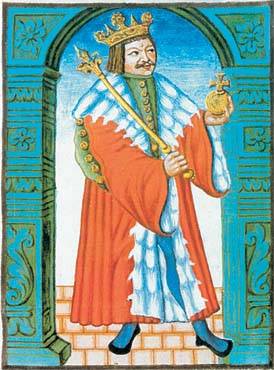
The radical Hussites lost both troops and charismatic leaders, their small scattered detachments were defeated everywhere. "Orphans" have not recovered, but Tabor still held on, despite the fact that the radical teaching of this trend of Hussism, proclaiming the creation of "the kingdom of God on earth" (just!) Was declared a delusion and prohibited in 1444.
Let us recall that if we simplify the situation and bring it to a scheme, it turns out that moderate Hussites demanded reform of the church: the abolition of its privileges, deprivation of the right to own land, simplification of the rituals of introducing worship in the Czech language. The Taborites insisted on reforming the entire society. They wanted the equality of "brothers and sisters", the abolition of private property, duties and taxes.
In 1452, a detachment of the already familiar Jiri Podebrad approached Tabor. The remnants of the once formidable taborites had no strength to resist. Those who had abandoned their former ideals were released, the rest were captured and either killed or sent to hard labor. Since then Tabor has become an ordinary Czech town that still exists today.
Some taborites and "orphans" fled the country, becoming mercenaries in the armies of neighboring states. They were readily accepted, since the Hussite soldiers enjoyed a reputation as unsurpassed warriors. Among them was Jan Czapek, who had fled from Lipan, one of the commanders of the "orphans". He entered the service of the Polish king Vladislav, fought with the Hungarians and the Ottomans, but later returned to Bohemia, where his traces are lost in 1445.
In 1436, the so-called Prague Compactaets were signed, in which the heavily curtailed Hussite demands were enshrined (they were actually canceled in 1462).
A month later, Emperor Sigismund was recognized as king of Bohemia.
Jan Rogach, who remained alive after the Battle of Lipany, still held out in his castle Zion, but in 1437 his fortress fell, and he was hanged for refusing to recognize Sigismund as king of Bohemia.
Sigismund briefly outlived him - he died the same year.
So ingloriously, with fratricidal massacre and compromise with the worst enemies, the Hussite wars that shook the whole of Central Europe practically ended.
Czech brothers (Unitas fratrum)
Lacking the strength to resist, some Czechs followed the path indicated by the impoverished knight Peter Khelchytsky, who became the author of the new "Teaching on Justice". He denied war, the rule of the king and the pope, estates and titles. His disciples, led by Rzhigor, began to create colonies isolated from the state, which, oddly enough, spread widely not only in Bohemia and Moravia, but also in Poland, East Prussia and Hungary. In 1457, a whole network of communities had already formed, and their first priests and hierarchs were ordained by the bishop of the Waldensians, which in itself was a terrible crime in the eyes of the Pope and other hierarchs of the Catholic Church.
By the beginning of the 400th century, there were up to 200 parishes of Unitas fratrum, and the total number of their parishioners reached XNUMX thousand people. It is known that even Martin Luther was interested in and studied their teaching.
The state brutally persecuted these communes, but, in spite of everything, they survived, and in the 1609th century, nobles and knights were at the head of many communities. And these communities no longer strived to strictly observe the prohibitions of their founders, mutually beneficial cooperation with the state and its structures. In XNUMX, the Czech brothers were officially recognized by the mystic emperor and alchemist Rudolf II.
At this time, Prague was again one of the richest, most developed and influential cities in Europe and for the second time in its rich stories was the capital of the Holy Roman Empire of the German nation. But in 1612, Rudolph was overthrown by his brother Matthias, who actually abandoned the previous agreements with the Czechs, for the sake of which so much blood was shed during the Hussite wars. It turned out that the traditions of defenestration were not forgotten in Prague, and in 1618 the townspeople threw representatives of the new emperor out the window.
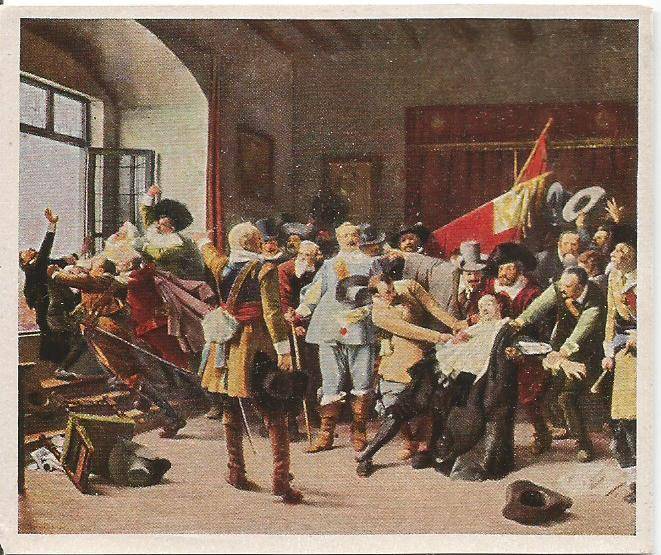
This event marked the beginning of the Thirty Years War, which devastated many countries in Europe.
Battle of White Mountain
On September 28, 1618, the Czechs offered the crown of their country to the leader of the Evangelical Union - Elector Frederick V of Palatinate. He was crowned on November 4, 1619, and the new emperor Ferdinand II began to gather troops for a punitive campaign against Bohemia.
In 1620, three armies met at White Mountain. The Protestant army was led by Christian Anhaltsky, the absolute majority of his soldiers were Germans, Czechs were about 25%, and the Hungarian cavalry corps also participated in the battle.
The other two armies were Catholic. At the head of the imperial army was the Walloon Charles de Buqua; the army of the Catholic League, which was formally led by the Bavarian Duke Maximilian, was commanded by the famous Johann Cerklas von Tilly.
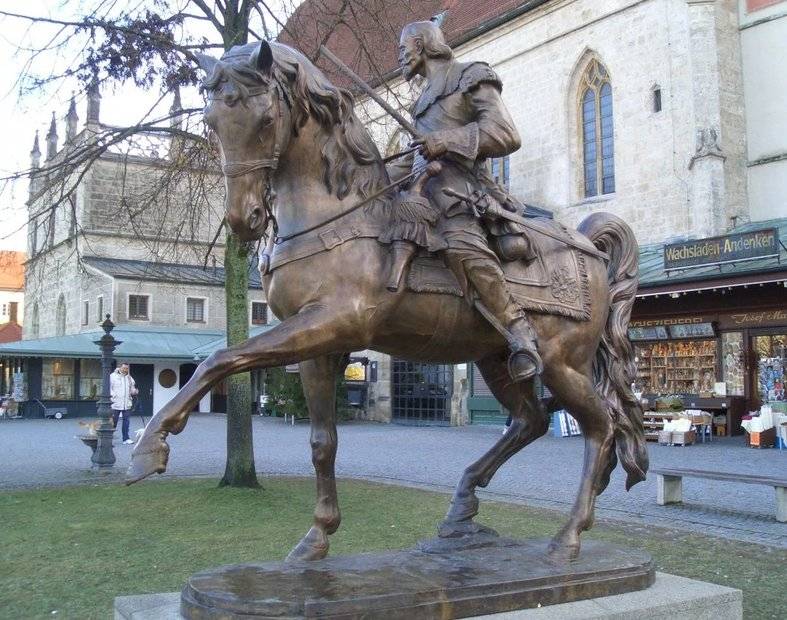
In these armies were Germans from various imperial lands, Walloons, Neapolitans and Poles. Orthodox Fox Cossacks were also considered Poles (mainly Lithuanians and Ukrainians, Lisovsky himself was already dead at that time). However, it did not matter where and whom to rob. According to European chroniclers, during the Thirty Years War, the foxes "did not spare even children and dogs."
The participation of the Lutherans of Saxony in this campaign was unexpected. Even more surprising is the presence there of Rene Descartes, who moonlighted as a simple pikeman.
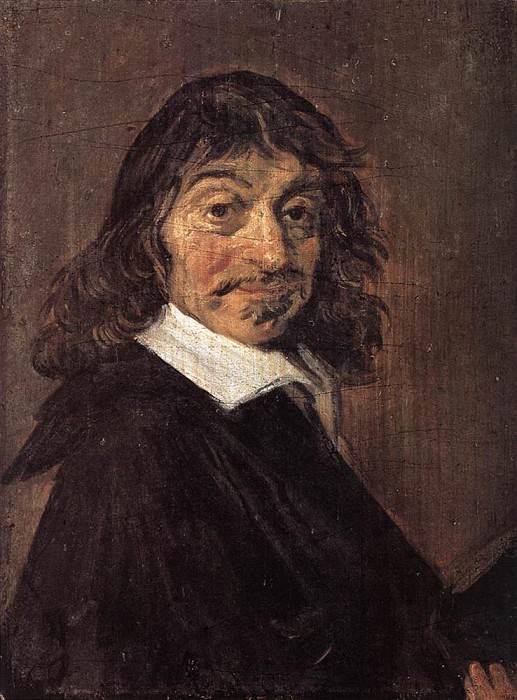
Historical legend says that the army of Protestants was let down by the Prague bureaucrats, who refused to hand over 600 thalers to purchase a trench tool. As a result, the soldiers of Christian of Anhalt who defended the city could not properly equip their positions. (The Catholics then thanked the tight-fisted Prague residents with robberies that lasted for a month.)
However, the position chosen by Christian was already good and in places difficult to attack.
In this battle, the third Catholics defeated the Protestant line, and the Czech Republic lost its independence for as much as 300 years.
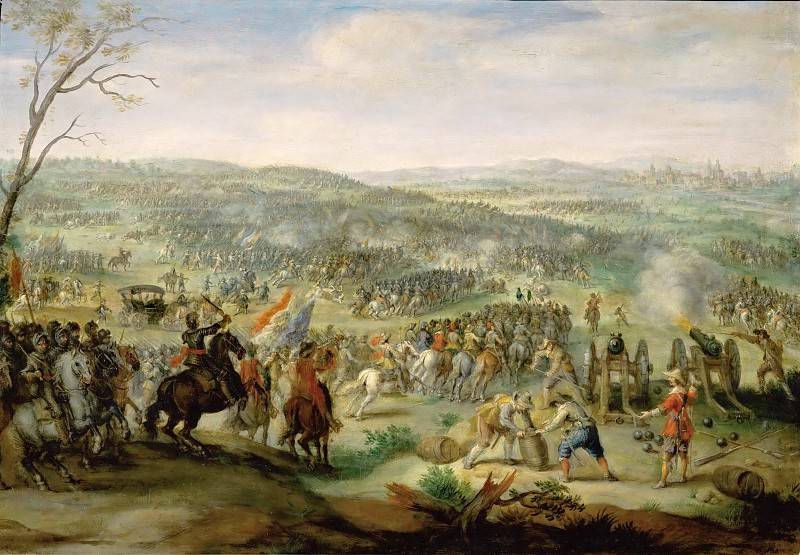
One of the consequences of this defeat was the destruction of the Unitas fratrum communities in Bohemia and Moravia, but in Poland and Hungary they were recorded until the end of the XNUMXth century.
Moravian brothers
And in 1722 the brotherhood was suddenly revived in Saxony, where its ideas were brought by settlers from Bohemia: now they called themselves the Moravian brothers. Here they were patronized by Count Nikolai Ludwig von Zinzendorf, who was even ordained bishop of this community. From Saxony, the Moravian brothers eventually infiltrated England and the United States. Currently, there is the Church of the Moravian Brothers (World Fraternal Unity of the Moravian Church) in which there are autonomous provinces: in addition to the Czech and Slovak, European, British, North American and South American provinces. The number of parishioners is small: up to 720 thousand people, united in 2100 communities.
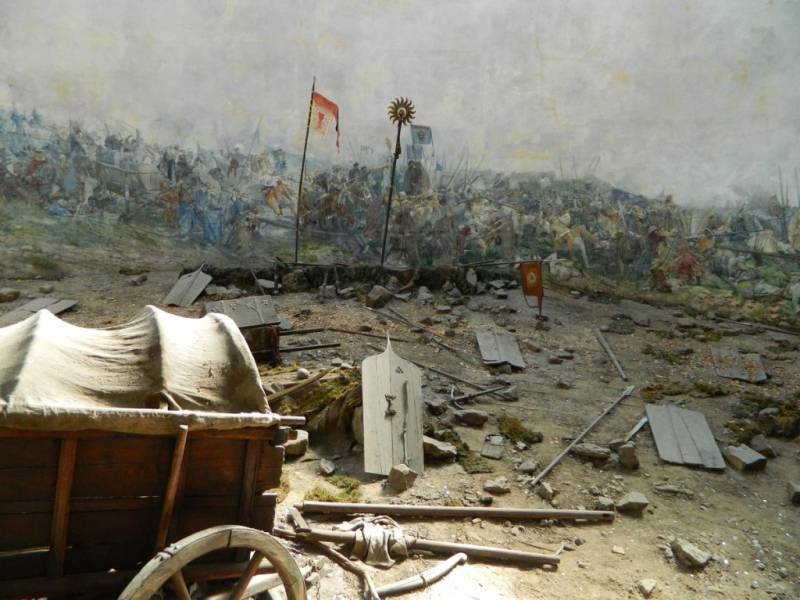
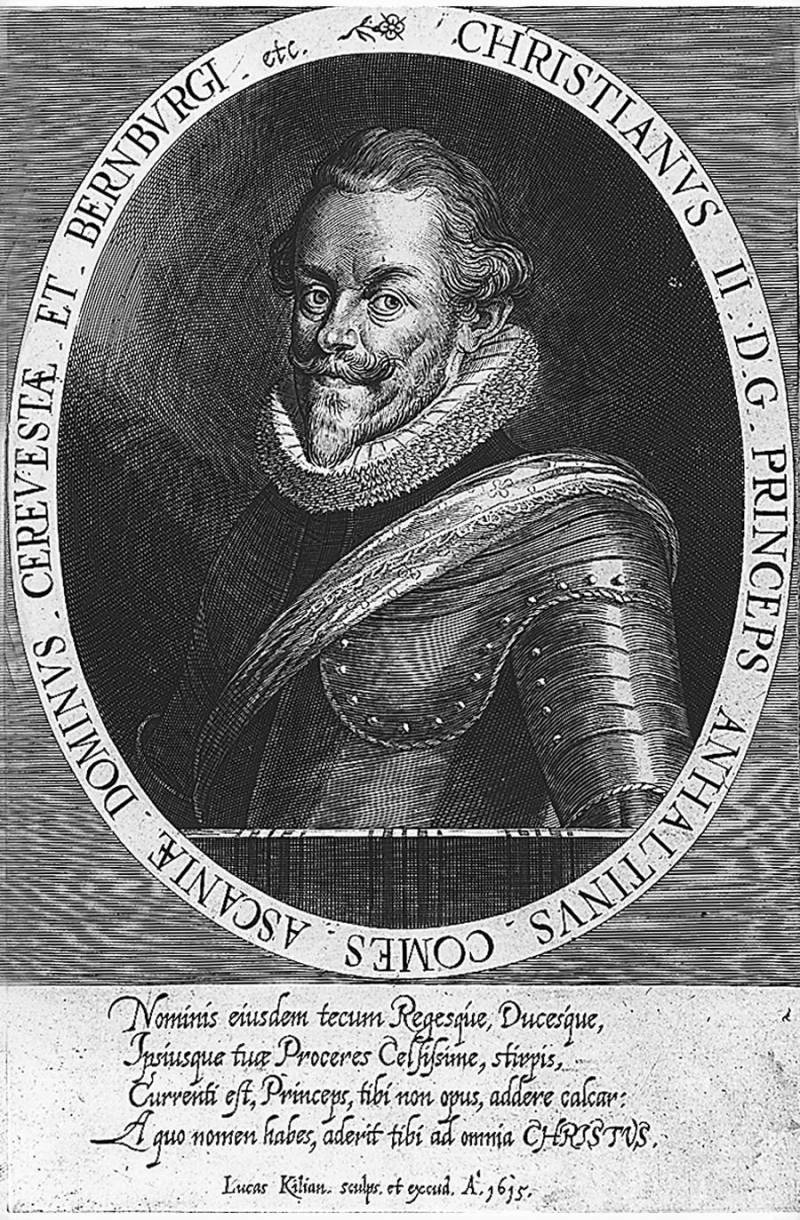
Information